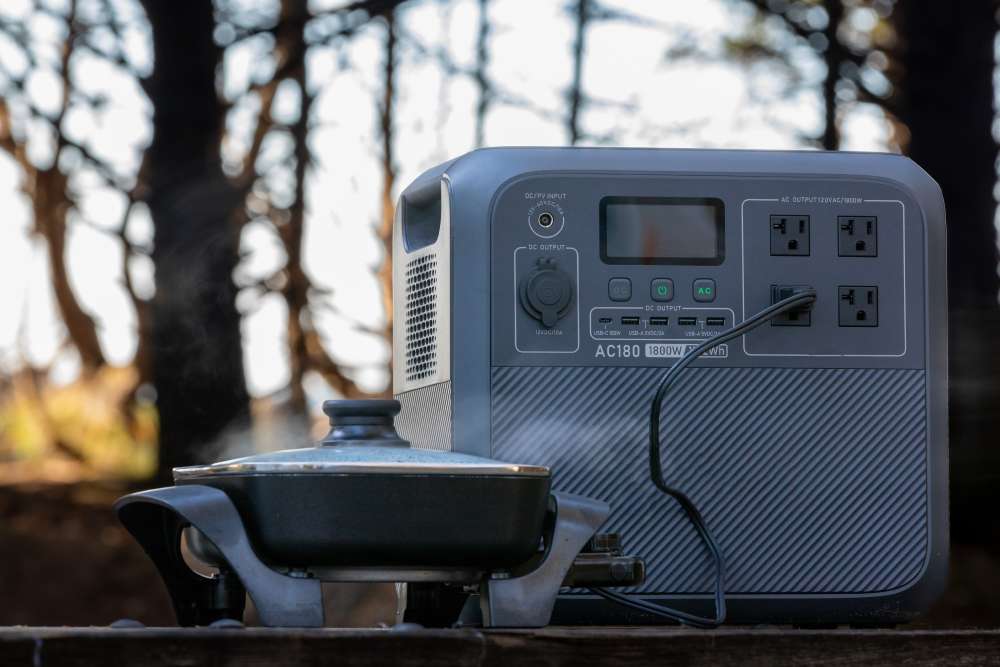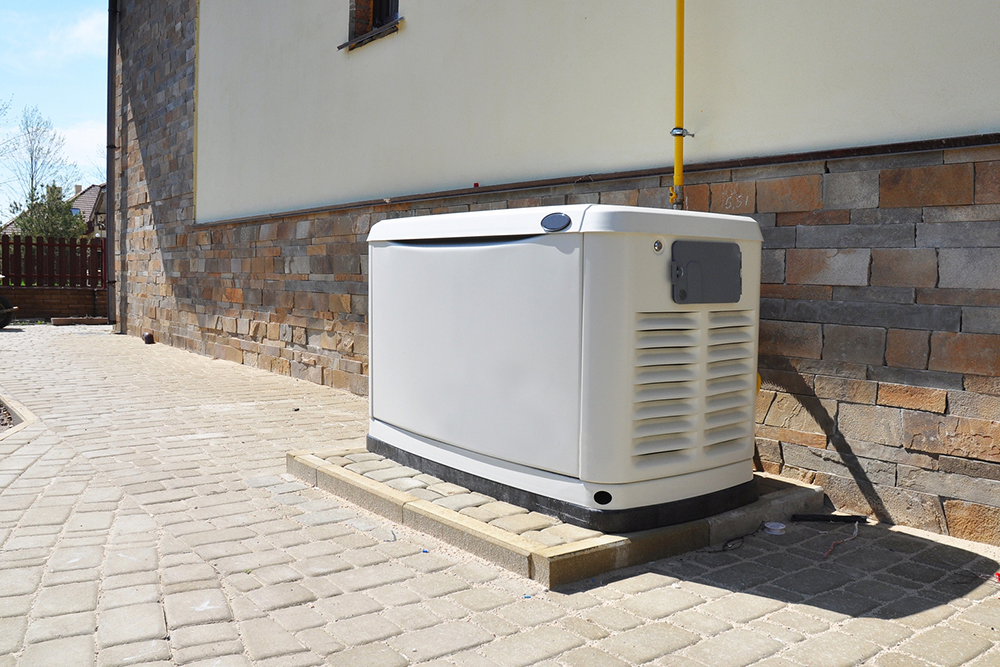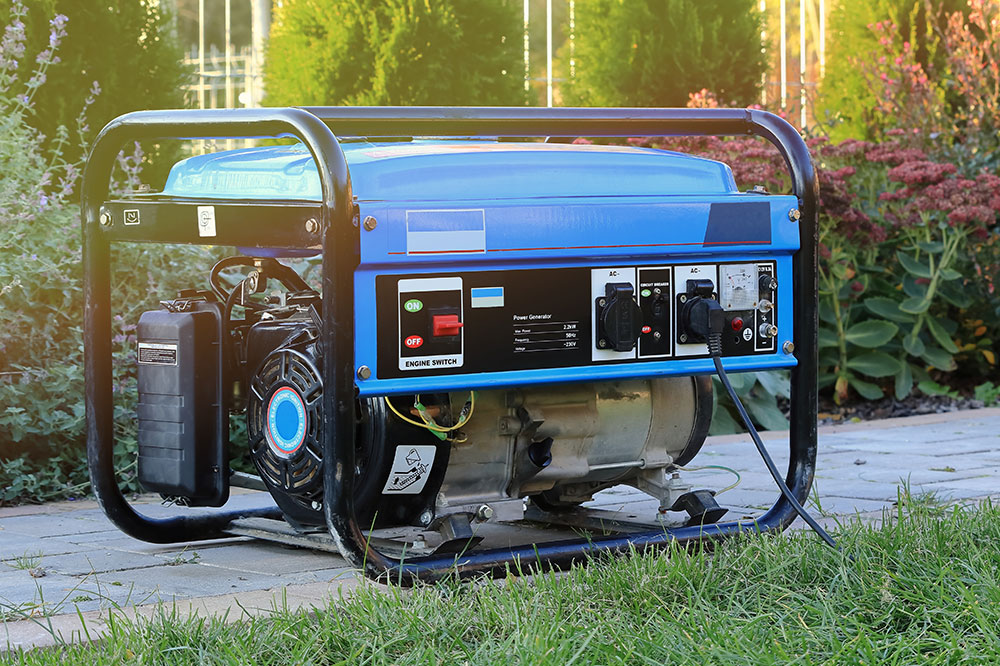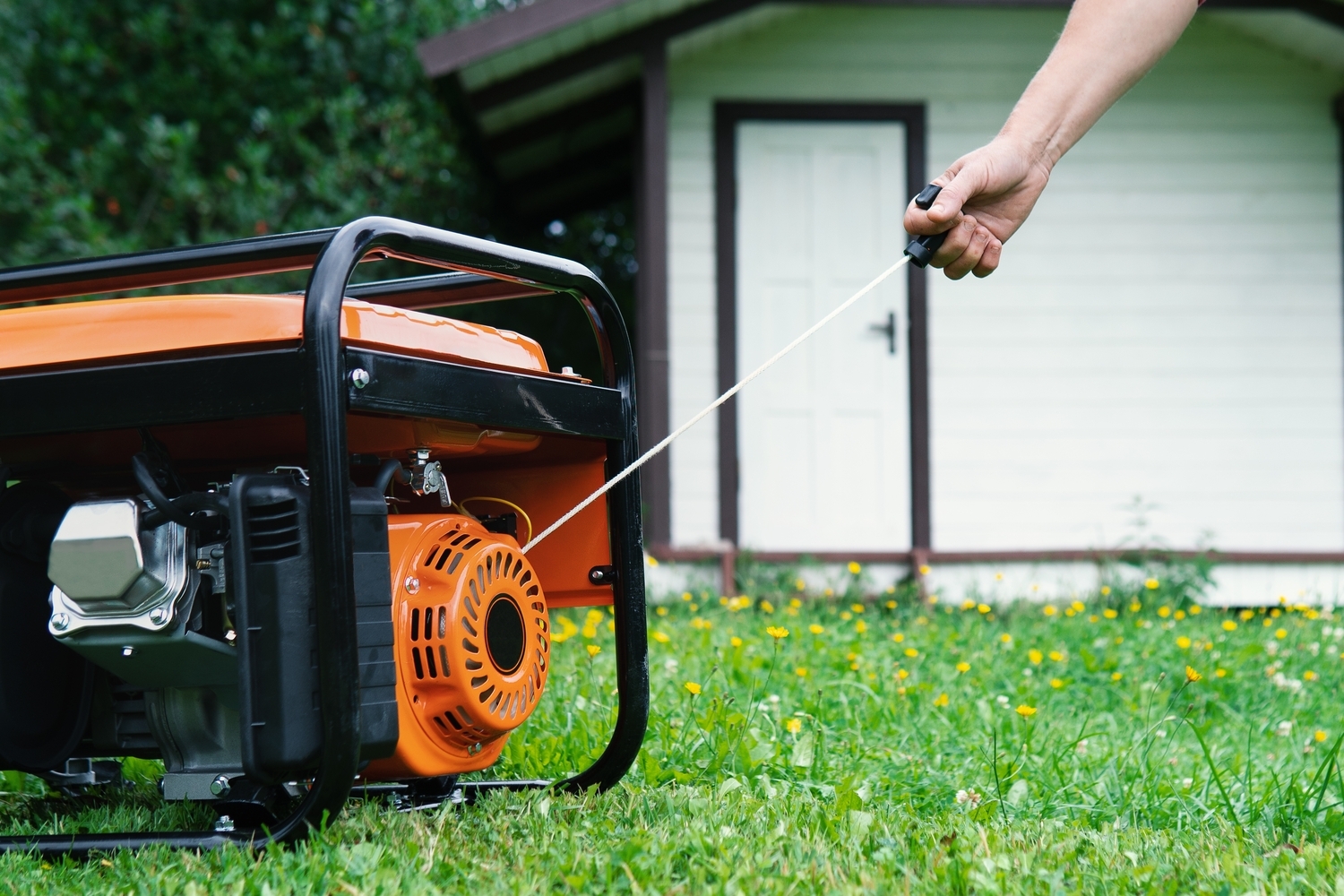Ensuring Power Security in New Zealand: Comprehensive Guide to Emergency Generators
This comprehensive guide explores backup power solutions in New Zealand, focusing on emergency generators vital for homes, businesses, and critical infrastructure amidst natural hazards. It covers types, selection tips, installation guidelines, and maintenance practices to ensure reliable power during outages, promoting safety and resilience in unpredictable environments.
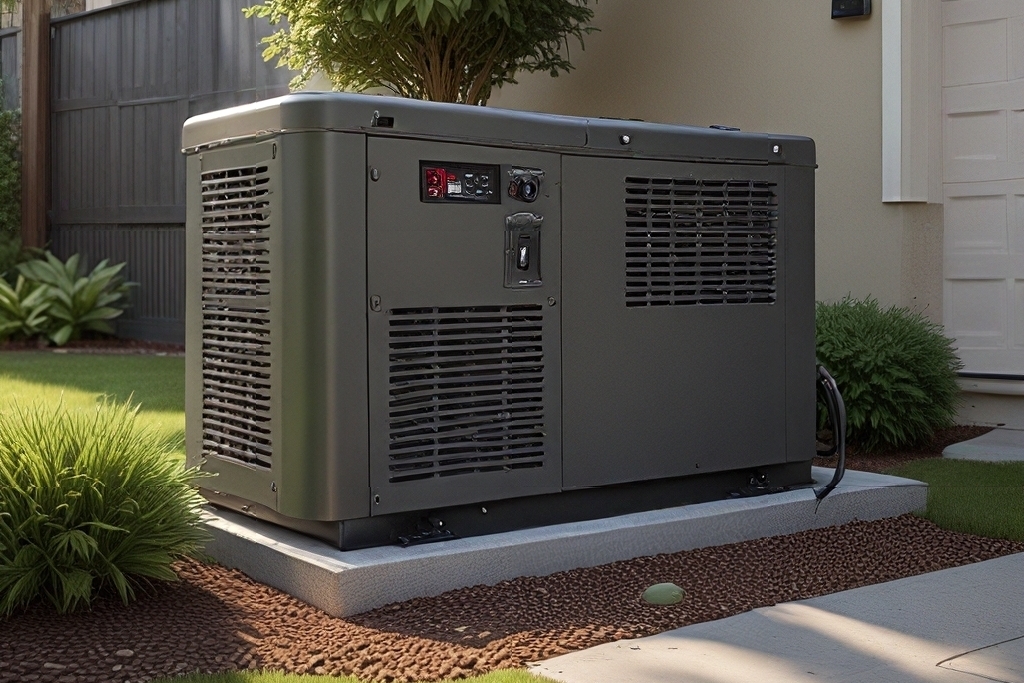
Ensuring Power Security in New Zealand: Comprehensive Guide to Emergency Generators
In the fluctuating and often unpredictable terrain of New Zealand, having a reliable backup power solution is more than just a convenience—it's a necessity. The country’s unique geographic features, seismic activity, and weather patterns make power outages a real and pressing concern for homeowners, businesses, and critical infrastructure alike. Emergency generators serve as a lifeline during these outages, ensuring that essential services and daily routines can continue uninterrupted. This extensive guide delves into the significance of emergency power solutions in New Zealand, exploring various types of generators, factors to consider when selecting them, and practical tips for maintenance and safe installation.
Understanding the Critical Need for Emergency Power Systems
New Zealand’s geographical diversity — including volcanic zones, earthquake-prone regions, and storm pathways — makes power disruptions fairly common. These natural phenomena can cause prolonged electrical outages, impacting not only comfort but safety and economic stability. As a result, having a dependable backup power source becomes vital for various reasons.
Emergency generators are vital for:
Providing Home Security and Comfort: Power outages can disable essential household appliances such as heating systems, refrigerators, medical devices, and lighting. An emergency generator ensures these critical systems remain operational, maintaining safety and comfort for residents.
Maintaining Business Continuity: For businesses, especially those in retail, manufacturing, or healthcare, uninterrupted power means avoiding downtime, protecting revenue, and preserving customer trust. Critical IT infrastructure and temperature-sensitive processes rely heavily on consistent power supply.
Supporting Critical Infrastructure: Hospitals, fire departments, police stations, and communication centers depend on backup power to function effectively during crises, ensuring public safety and emergency response capabilities.
Varieties of Emergency Generators Suited to New Zealand’s Environment
Choosing the right type of emergency generator depends on your specific needs, the environment, and budget. Here’s a detailed overview of the main options available:
Portable Generators: These versatile units are lightweight, affordable, and easy to transport, making them ideal for short-term use, outdoor activities, or temporary backup during power failures. They are often powered by petrol or gasoline and are an excellent choice for camping or small-scale residential needs.
Standby Generators: These are permanently installed units that automatically activate during a power outage. They connect directly to your home's electrical system and provide seamless, automatic backup. They are typically powered by diesel, natural gas, or propane and are well-suited for homes and businesses seeking reliable, continuous power without manual intervention.
Inverter Generators: Designed for quiet operation and fuel efficiency, inverter generators produce cleaner electricity suitable for sensitive electronics such as computers and medical devices. They are portable and ideal for residential areas where noise restrictions are strict or for recreational use.
Understanding the features and limitations of each type helps in making an informed decision tailored to your circumstances.
Factors to Consider When Selecting an Emergency Generator
Choosing the most suitable generator involves a careful assessment of various factors to ensure it meets your power requirements efficiently and safely:
Assessing Power Needs: Calculate the total wattage of all appliances, heating systems, medical devices, and critical electronics you want to power during outages. Consider starting wattage for motors and refrigerators, which is higher than running wattage.
Fuel Type Compatibility: Options include petrol, diesel, natural gas, and propane. Petrol generators are portable but less durable, diesel units are robust and long-lasting, while natural gas and propane offer cleaner and more sustainable options.
Noise Considerations: Opt for models with quieter operation, such as inverter generators or standby units with soundproofing, especially if installed near living spaces or residential neighborhoods.
Budget and Long-Term Value: Balance upfront costs with operational reliability, fuel efficiency, and maintenance expenses. Investing in higher-quality models often results in better durability and fewer breakdowns.
Ease of Maintenance: Look for generators with accessible parts, straightforward servicing procedures, and features like automatic self-tests, which ensure readiness during emergencies.
Making an informed choice ensures your backup system remains reliable when you need it most, providing peace of mind during unpredictable events.
Benefits of Installing Emergency Generators
Enhanced Safety and Security: Continuous operation of alarms, security systems, and medical devices can be lifesaving, especially during natural disasters or emergencies.
Business Continuity and Profit Preservation: Maintaining operations without interruption minimizes revenue loss and preserves customer trust during outages.
Peace of Mind and Stress Reduction: Knowing that your home or business has a reliable power backup reduces anxiety and ensures life can go on normally despite external disruptions.
Installation Guidelines and Safety Tips
Proper installation is crucial for safe and efficient operation of emergency generators. Before proceeding, consult local building codes and regulations, and always hire certified professionals for installation. Key considerations include:
Placement: Position generators in well-ventilated outdoor areas away from windows, vents, and doorways to prevent exhaust fumes from entering indoor spaces.
Noise Management: Use soundproofing barriers or locate generators strategically to reduce noise impact on residential neighbors.
Electrical Safety: Ensure proper wiring and connections to prevent electrical hazards, and install transfer switches where necessary.
Regular Testing and Maintenance: Schedule periodic testing, especially with models equipped with automatic self-test features, to confirm operational readiness. Regular maintenance prolongs the lifespan and reliability of your backup system.
Investment in professional setup and routine checks guarantees your power backup system functions smoothly during actual emergencies, providing essential security and operational continuity.
In conclusion, as New Zealand faces diverse environmental challenges, having a dependable emergency power solution is increasingly vital. By understanding the different generator types, evaluating your specific needs, and maintaining your system properly, you can safeguard your home, business, and community during power disruptions. Implementing a well-chosen backup power solution not only enhances safety and security but also contributes to resilience and peace of mind for the future. Prepare wisely and ensure your power stays on, no matter what natural events come your way.
